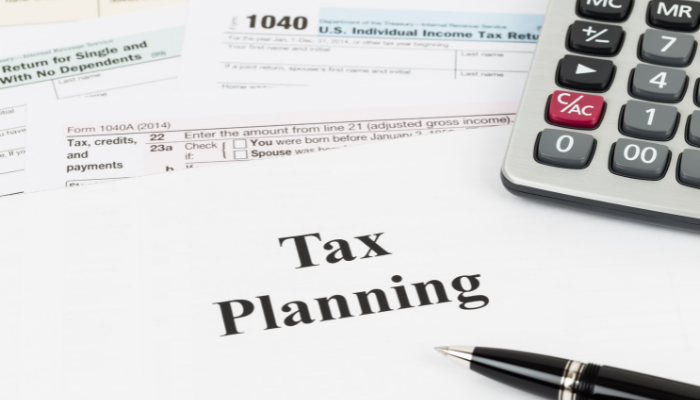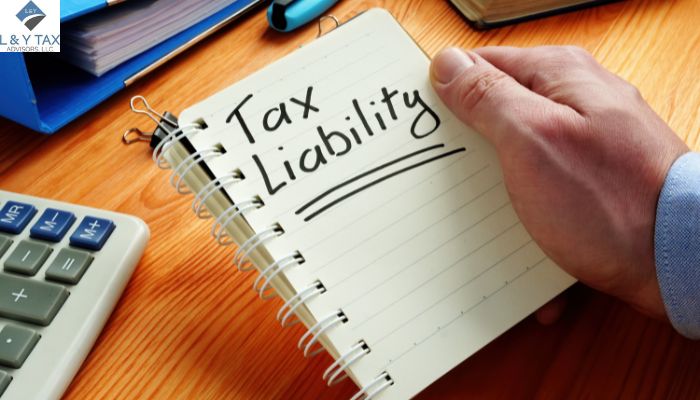
Business Tax Planning Strategies
Compliance and implementation of business tax planning strategies demand brainy hard work to achieve optimal balance in financial management while maximizing the reduction in tax liabilities. Undoubtedly, sturdier organizations require a particular set of carefully curated tax planning strategies for business owners because safeguarding the professional integrity of your and your firm’s reputation is above all.
Recall the initial days when you were a newbie in the field of business. Now that you’re a walking brand tag in this world, being a corporate business owner, you must have been through the trembling days of your startup, which makes you fully aware of the significance of tax planning strategies for small businesses. Practicing precautionary measures at such early stages always proves beneficial in the long run to minimize the overall financial burden on your shoulders.
Understanding Business Tax Planning
Utilizing relevant approaches for the analysis of the financial circumstances of an organization entails the concept of business tax planning. It involves identifying legitimate techniques to reduce tax liability by making informed decisions and being advantageous in shifting the income, exemptions, credits, incentives, and tax deductions provided as a generous gesture from the taxation laws and regulations.
Optimizing a company’s tax position while ensuring compliance with tax laws is the fundamental objective of well-established and small business tax planning strategies. This planning is a year-long process rather than a seasonal tax event.
According to the Tax Cuts and Jobs Act (TCJA) 2017, the federal corporate income tax in the United States is 21%, which decreased the previous corporate income tax rate by 35% to its current level. Businesses pay taxes at the state level and with the premises of compliance.
Business Taxable Income
A specific portion of the taxpayer’s monthly income is isolated for taxation via the government. Calculation of the taxable business income typically starts with their gross salaries and total revenue earned from the company’s activities. Certain expenses and deductions are permissible by the tax laws, so you can arrive at a figure that must be taxable.
Click here to read about estate tax planning strategies.

Top 10 Business Tax Planning Strategies
You are optimizing cash flow for efficient allocation of resources to enhance your profits by proactively assessing the implications of taxation so you can strategize business plans by seeking consultation with a business tax advisory.
You can elevate your business with the following considerable business tax planning strategies.
1. Collaborate with Taxation Professionals
It is an indigestible fact that even business tycoons or their organizations need to be more expert in navigating the twists of the taxation landscape. Therefore, hiring adept staff, such as core tax and financial advisors, certified public accountants (CPAs), or tax attorneys, to design effective business tax planning strategies can help you stay in compliance while reducing the overall burden of taxes.
2. Upgrading Tax Knowledge
Making informed financial decisions by better handling tax planning and compliance will safeguard the interests of your corporation, which is why investing time and effort to improve your tax knowledge is one of the mightiest weapons you can utilize.
3. Maximize Business’ Structural Entity
Tax obligations are significantly impacted by opting for the proper business structure, such as sole proprietorship, corporation, partnership, and limited liability company (LLC).
4. Benefitting from Tax Deductions
One of the best ways to reduce the overall financial burden of tax is by critically analyzing the eligible expenses, including employee benefits, business-related costs, and charitable contributions, to become eligible to claim tax deductions.
5. Income Shifting
You can reduce your earnings by shifting income which involves strategic and timely recognition of income by moving income to different entities and tax periods to minimize tax liability. Businesses can effectively reduce taxes by deferring payment to a later tax year or shifting their earnings to family members.
6. Increased Incentives and Business Tax Credits
You can enjoy substantial tax advantages by using and identifying tax credits and incentives. Businesses can reduce their liabilities by leveraging governmental credits.
7. International Operations
Business tycoons running multinational or international businesses operating worldwide must comply with global taxation strategies so their overall tax liabilities can be minimized. For this purpose, in-depth insight regarding cross-border tax laws, treaties, and transferring pricing regulations is necessary to enhance tax position and alleviate prospective double taxation.
8. Upkeeping Business Records
Effective business tax planning strategies and compliance demand that business records be kept in alliance with recent upgrades because it helps document your deductions and tax positions to the government.
9. Planned Accounting
Selecting and implementing the best suitable accounting method is crucial to business tax planning strategies. Record keeping and reporting of financial transactions significantly impact your business income. In addition, it also provides assistance in deferring your income through which you can modify accounting methods in a way that proves to be in the best of your interests.
10. Accelerated Business Expense
Before the year ends, making prepayments of certain expenses is recommended to allow your business to claim deductions in the current year. These expenses include office supplies, rent, and insurance premiums. However, it only applies if your business uses cash accounting methods.
Click here to learn about which is not a basic tax planning strategy.
Final Inference
Availing of your firm with the diversified pool of advantageous business tax planning strategies can benefit you in several ways, including the consideration of employee benefit programs, vehicle expenses, business travels with meals, and, most importantly, research and development (R&O) strategies. For many companies, tax planning is more than a routine task that is vital in stabilizing financial well-being.
Read More:


